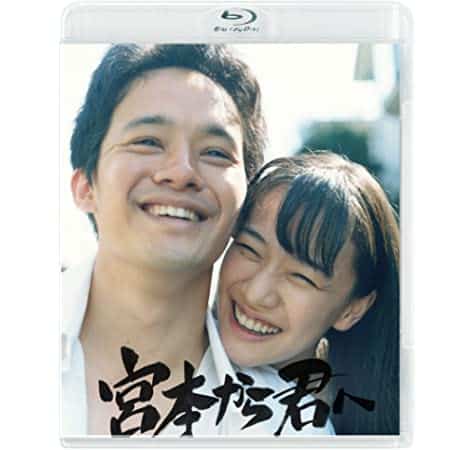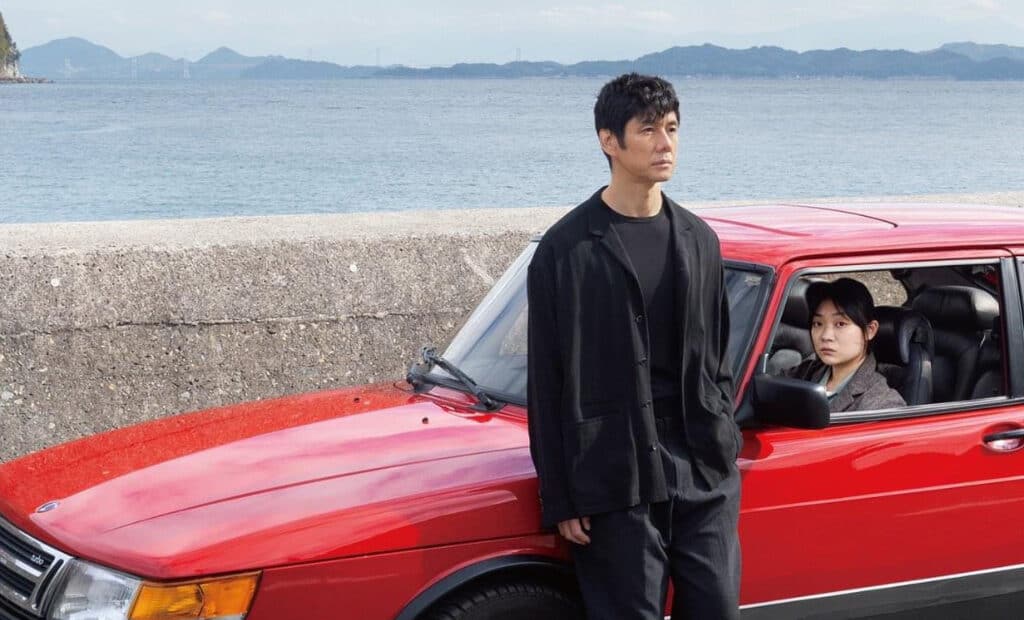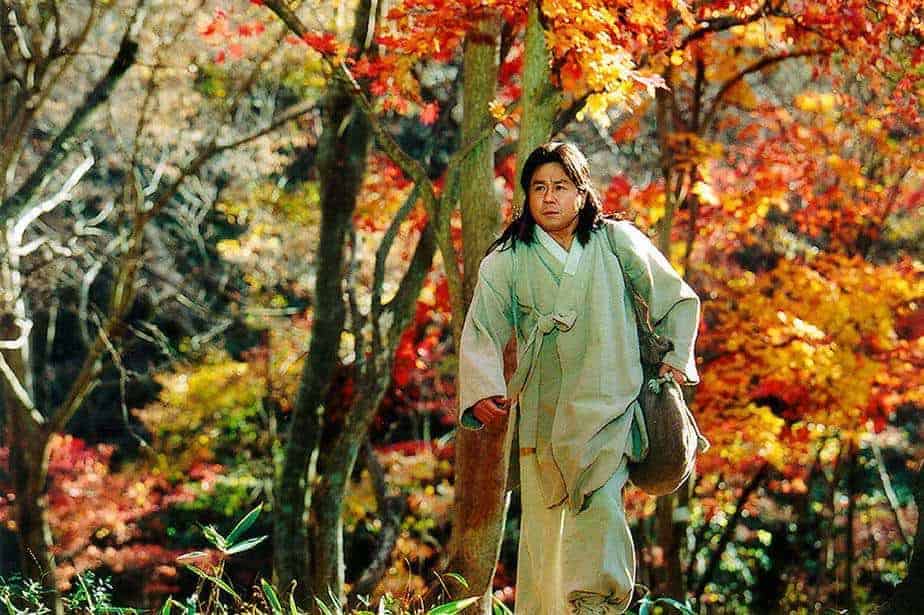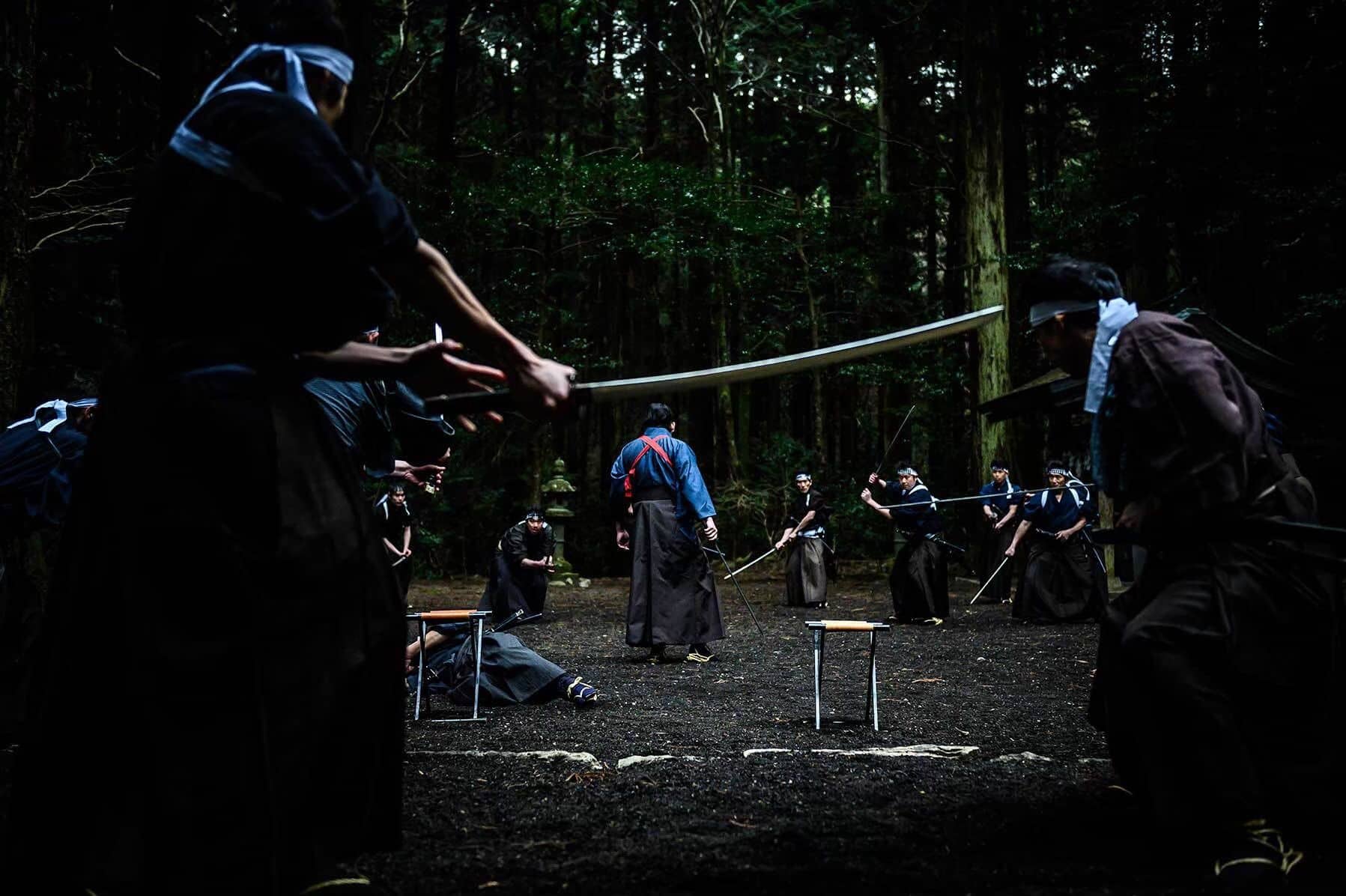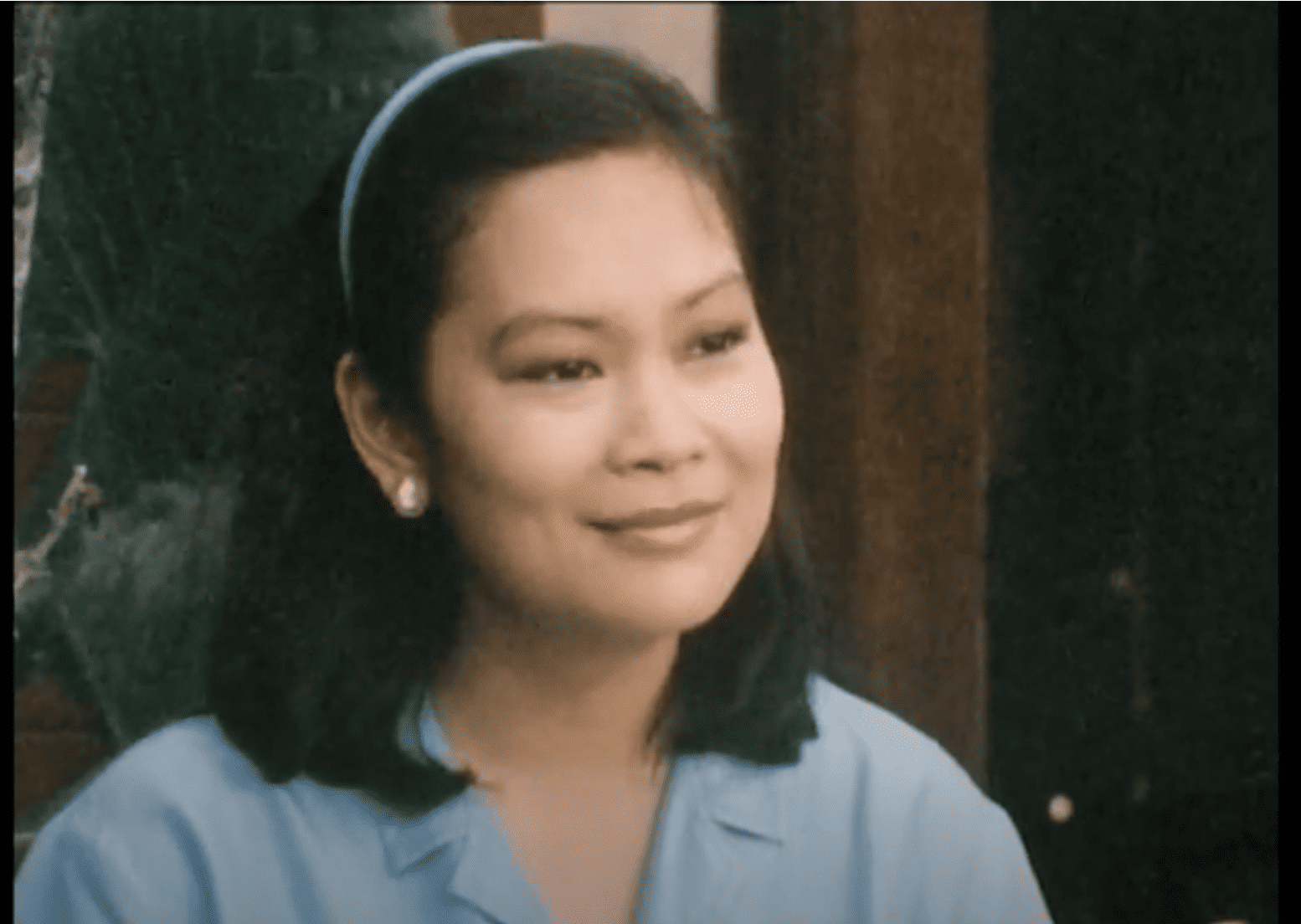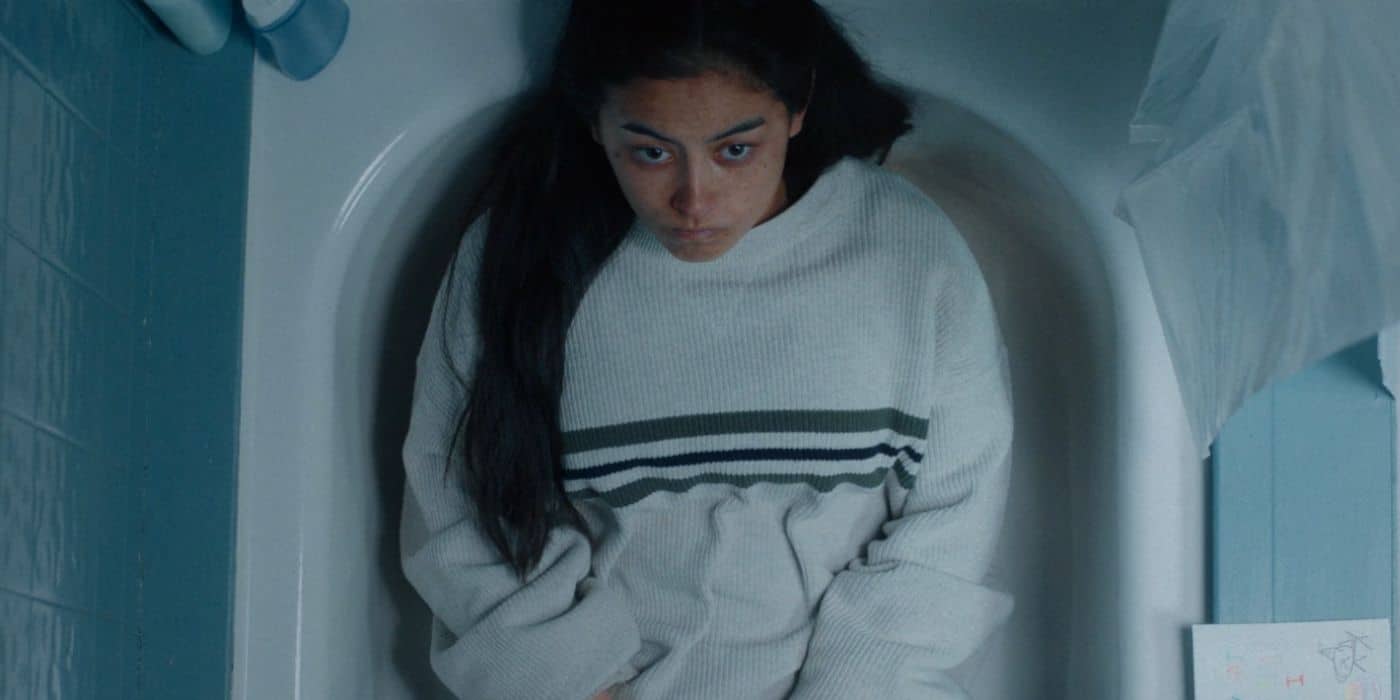10. Reiwa Uprising (Kazuo Hara)

Kazuo Hara follows Ayumi Yasutomi, a cross-dressing Tokyo University professor, as she embarks on a campaign for the Diet's Upper House, as member of the Reiwa Shinshengumi, a political party led by Taro Yamamoto, a former actor whose 63 credits include “Battle Royale” and “Izo”… If you have four and a half hours to spend and you enjoy sociopolitical documentaries, do yourselves a favor and watch “Reiwa Uprising”, it is a truly great documentary. (Panos Kotzathanasis)
9. Shape of Red (Yukiko Mishima)
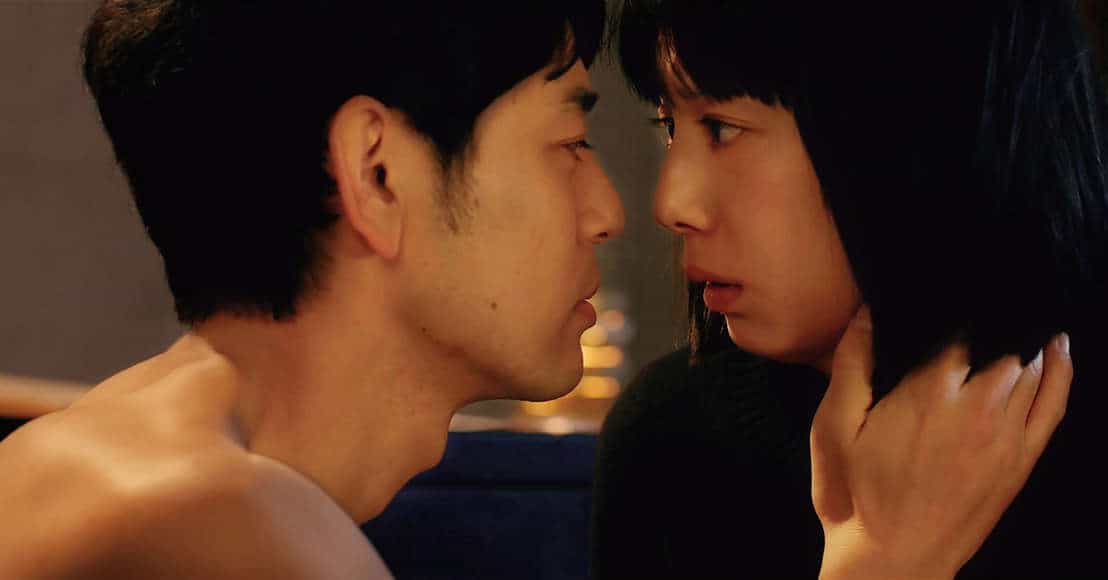
“Shape of Red” is an engaging drama about a woman having to make a decision in her life and discovering how she is able to design her life according to her wishes. Visually beautiful and deeply layered, as well as supported by a great cast, Yukiko Mishima has managed to make a very timely film whose themes and images will surely resonate with audiences. (Rouven Linnarz)
Buy This Title
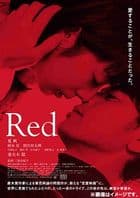
8. Forgiven Children (Eisuke Naito)
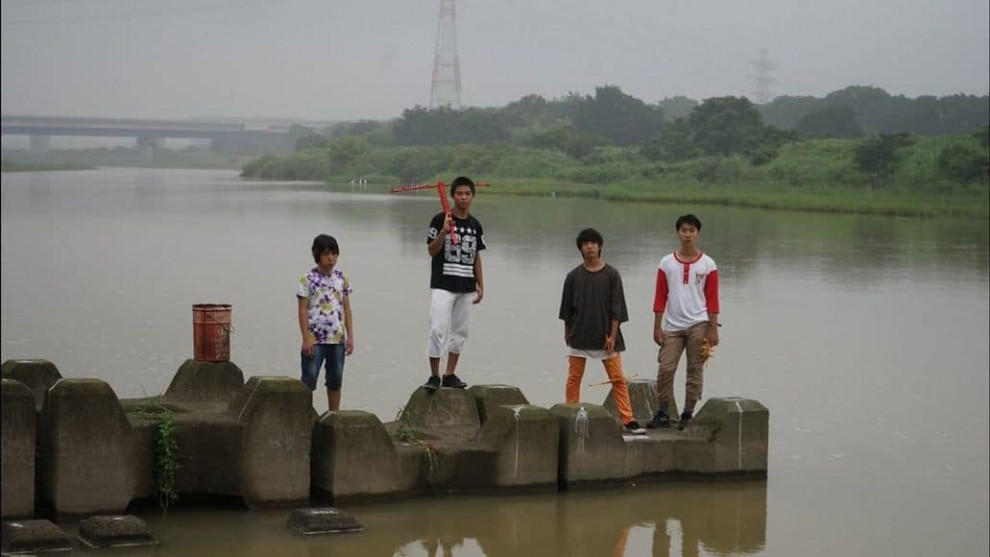
“Forgiven Children” is a daunting drama about bullying, exploring the scale of the phenomenon from a singular incident which, in reality, is part of a more complex issue. Through its visual approach and terrific performances, to name only two aspects, Eisuke Naito puts the finger on an issue which we have yet to address fully, even though we know in theory how to fight it. (Rouven Linnarz)
7. Reiko and the Dolphin (Shinji Imaoka)
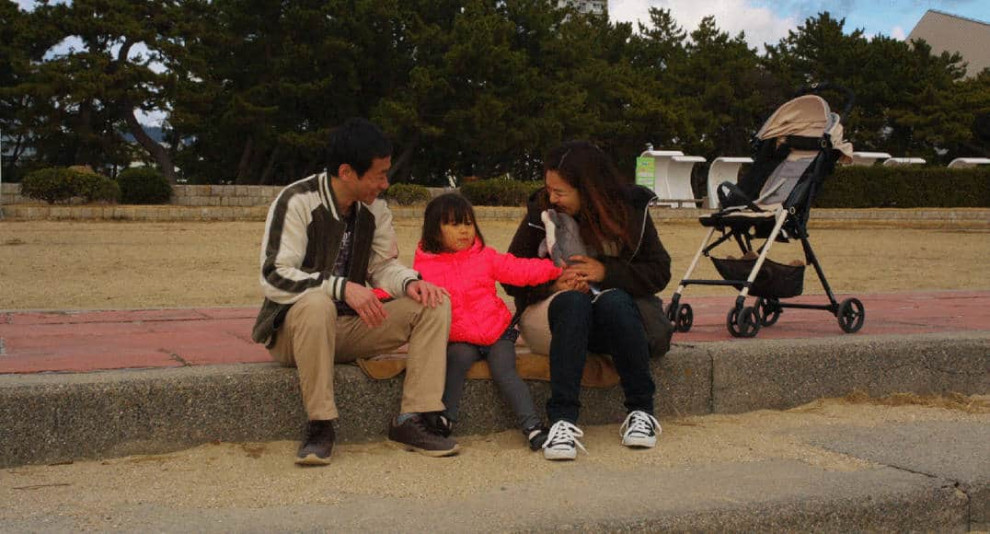
In a movie industry like the Japanese, where the indie family dramas that follow the contemporary “rules” set up by Hirokazu Koreeda are in abundance, it is always a pleasure to come across titles that are completely different. “Reiko and the Dolphin” is one of those titles…“Reiko and the Dolphin” presents a captivating and meaningful story, entails great characters, is funny and entertaining, and in general, provides a breath of fresh air in a category that frequently looks preterit. (Panos Kotzathanasis)
6. Company Retreat (Atsushi Funahashi)
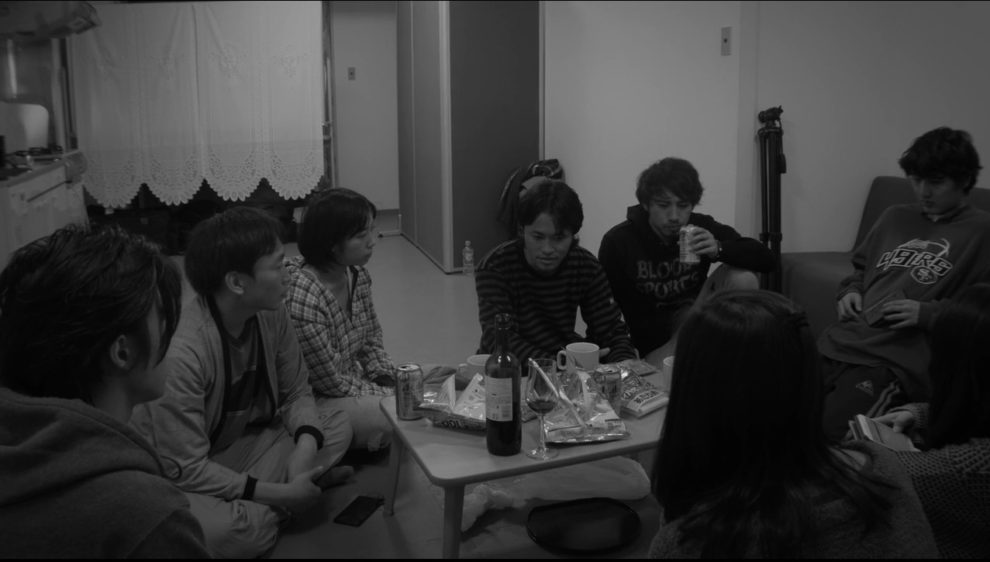
Atsushi Funahashi is an ever-changing director, who does not seem to shy away from any challenge, having shot documentaries, TV programs, and a Japanese-Portuguese co-production, among others. Thus, it is no surprise that his latest film, which will have its premiere at this year's Tokyo International, is a black-and-white, based on actual events, documentary-like production, which seems to share many common elements with Hong Sang-soo's style and deals with sexual harassment. Not to mention that he also took upon himself the roles of writer, DP, sound-recorder, and editor… “Company Retreat” is an excellent film, with Funahashi's documentary/stage-play/feature approach managing to communicate the issue in the best fashion. (Panos Kotzathansis)
5. Along the Sea (Akio Fujimoto)
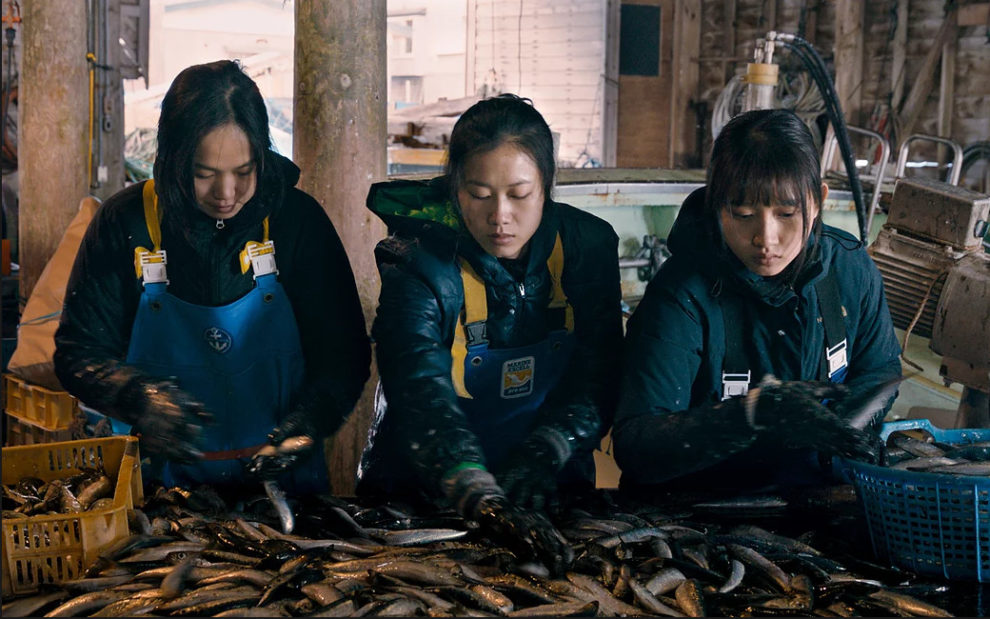
Fujimoto's own editing induces the film with a relatively slow pace, that also mirrors the cold and occasionally snowed setting, in a style that moves somewhere between the art-house and the documentary. At 88 minutes, the film is stripped from any kind of unnecessary elements of beautification. Kentaro Kishi presents some images of beauty, particularly in the snow, but Fujimoto does not allow the beauty to take over the narrative even for a moment, as the harsh realism takes over immediately once more. Lastly, the well-placed ending, highlights the excellent work done in both editing and direction. “Along the Sea” is a realistic, meaningful, and at the same time strangely beautiful film that emerges as one of the best of the year. (Panos Kotzathanasis)
4. Woman of the Photographs (Takeshi Kushida)
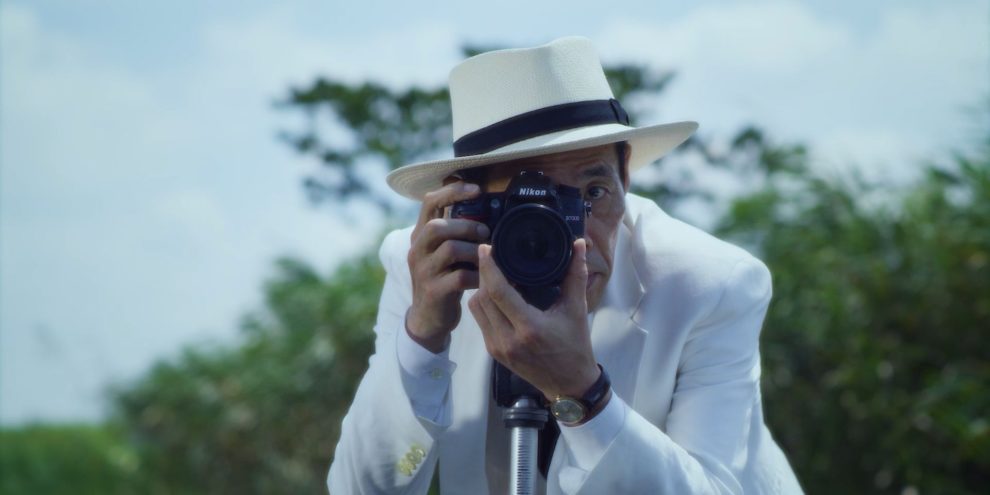
Films that include photography as one of their main elements tend to succumb to pretentiousness, and it usually takes a very steady directorial hand in order for them to work on levels others than the aesthetic one. Takeshi Kushida, despite the fact that this is his feature debut, seems to know what he is doing and ends up with a movie that is definitely multi-leveled… “Woman of the Photographs” is a truly artful film, both visually and contextually and a guide on how directors can handle pretentiousness without losing substance. One of the best movies of the year. (Panos Kotzathanasis)
3. Mrs. Noisy (Chihiro Amano)
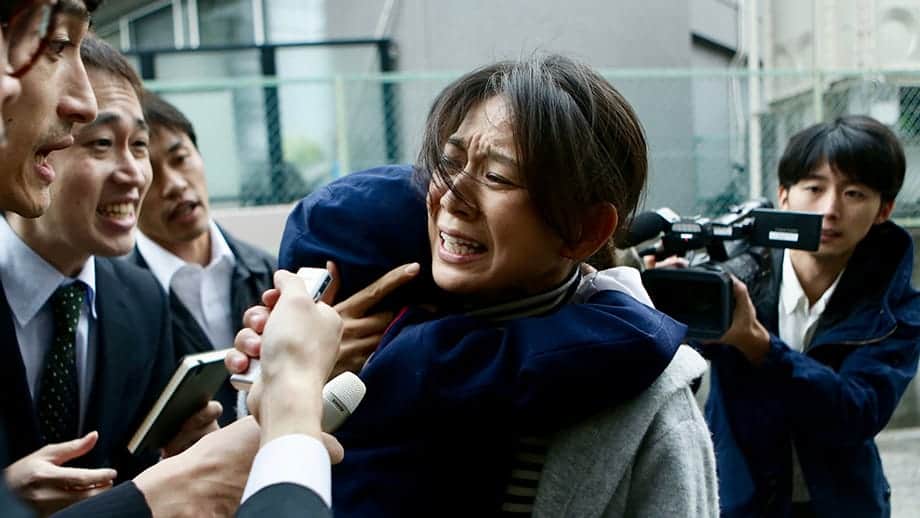
Can a dramedy outplay a film that takes a serious approach to the heavyweight topics, stretching far beyond the usual methods of emotional manipulation by reaching for the straightforward little truths as simple as they occur in life? The Japanese director Chihiro Amano might have found the right recipe in her fourth fiction feature “Mrs. Noisy”, starring Yukiko Shinohara and Yoko Ootaka as the neighbors from hell…“Ms. Noisy” is a film based on a brilliantly developed script with a filigree feel for real human destinies. It is a bold work, with feminist thoughts hidden behind the main plot, nonjudgmental and yet clear in its message – don't be a simpleton and self-centered. (Marina D. Richter)
2. The Day of Destruction (Toshiaki Toyoda)
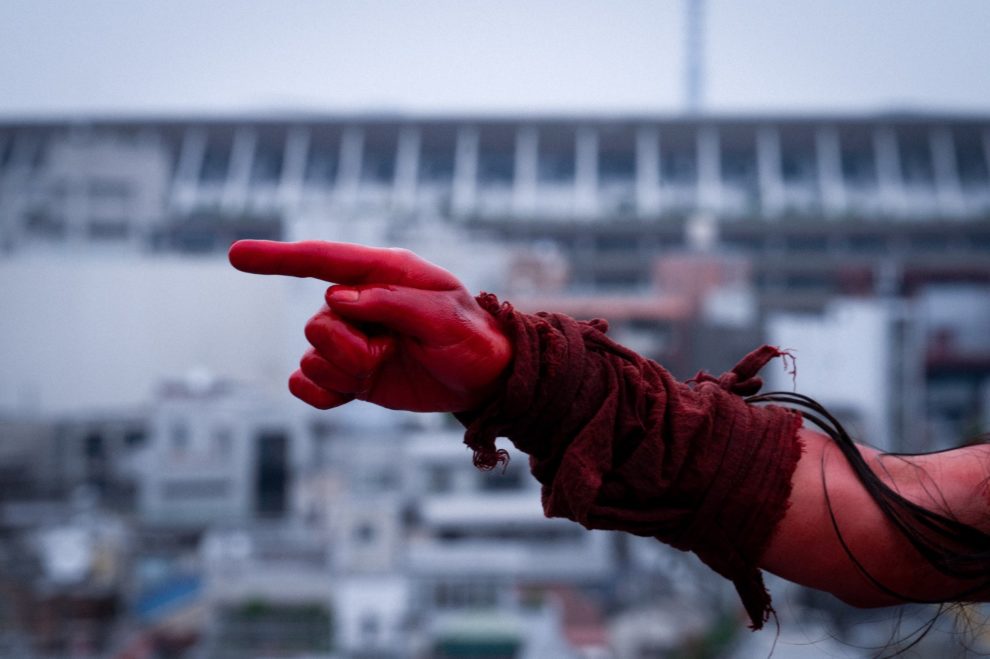
All this anger is channeled in “Days of Destruction” and eventually is turned into an audiovisual rage that fills the screen on multiple occasions. Having premiered on a 24-hour screening window at Japan Cuts on July 24, date the Olympics would have started, and with a performance that had the protagonists of the movie marching through the streets of Tokyo, eventually reaching a venue where Seppuku Pistols and Gezan performed, the film probably had the ideal promotion, given the circumstances, and the result does not disappoint at all… “Days of Destruction” is a distinct proof that Toshiaki Toyoda is in top form once more, and all we can do as viewers, is sit back and enjoy what the Japanese director has in store for us for the future. (Panos Kotzathanasis)
1. Miyamoto (Tetsuya Mariko)

Tetsuya Mariko directs another film about a character locked in a cycle of non-stop violence; however, this time he also adds two other, equally disturbing concepts, that of obsessive love and of the law of the jungle. The first concept has rarely been depicted with darker colors, since it becomes obvious from the start that the relationship of the two started with her using him to protect her against her former boyfriend, but became something even worse after the rape, when revenge becomes the sole driving force for Miyamoto… “Miyamoto” is a difficult film to watch, while Mariko's comments are definitely disturbing. However, the raw energy and brutal realism are still here, and deem the movie an impressive one, particularly for the ones who can see beyond the violence. (Panos Kotzathanasis)
Buy This Title
